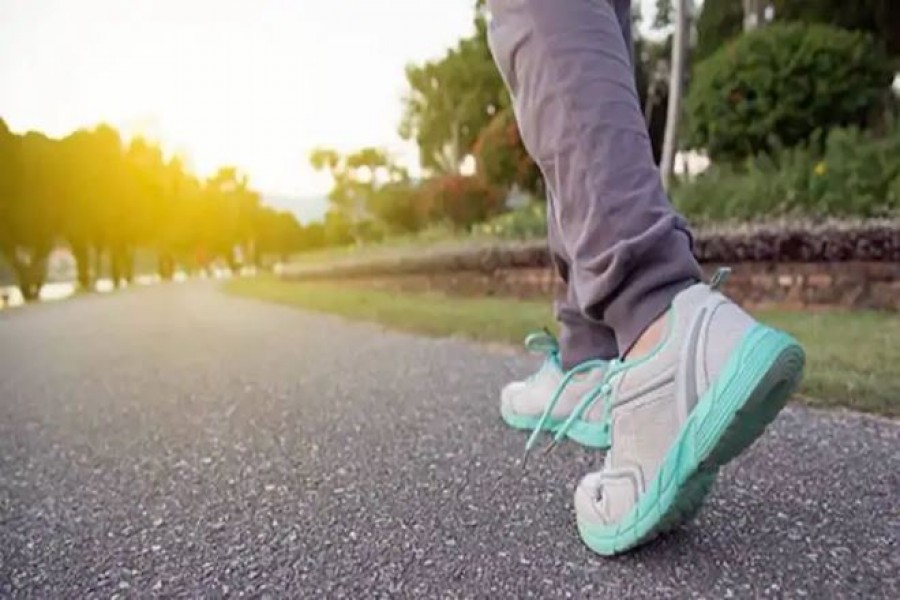Currently, people are using cars so much that traffic is one of the major problems in many countries of the world. To solve this problem worldwide, every year on September 22, the "World Car-Free Day" is celebrated in many countries. The first "World Car-Free Day" was celebrated in 2000 and in our country the day was celebrated by some people and individual organization in 2006 on their own initiative. From 2016 onwards, the government here started celebrating this day. The purpose of this day is to set aside just a single day each month for taking vehicles off the road, doing renovations, providing free spaces for sports or diversion, giving people some relief from the mechanical life.
According to a research report published by the US-based organisation Democracy International (DI) in 2017 on September 22, 6.0 per cent people in Dhaka City who use private cars occupy 76 per cent of the road. Between 6.0 and 8.0 per cent of the road is occupied by public transport, and the rest of the road is taken by illegal parking. Thus, private car takes more space in the street than public transports. If we compare private car with public transport, it is clear that private car takes more road space serving far fewer people.
A survey by Stamford University Bangladesh's Department of Environmental Science found that three private cars serving 12 people take the same space as a bus that accommodates 36 to 40 people. Similarly, one private car occupies the same amount of space as a human hauler. But a human hauler can accommodate 14 people against a car's four. Wealthy families have multiple cars. Thus for two to four people at least two private cars ply on the street. As the use of private cars is increasing, the demand for fuel is rising, increasing the rate of air pollution as well.
In the context of Bangladesh, emphasis should be put on such vehicles that can accommodate a large number of passengers at a time. In that case, the bus transportation facilities need to be increased. Currently, the use of private cars in Dhaka is increasing at an alarming rate. In order to discourage people from using private cars, the authorities should introduce quality public transports, encourage people to walk and create designated lanes for bicycles.
The World Car-Free Day is also beneficial in terms of promoting other modes of transport, such as cycling and walking. Bicycle provides a whole host of benefits that many may not think of while initially considering their purchase. First and foremost, they are obviously a great way to ensure that one stay healthy and participate in some exercise. By switching over to a bicycle from a car for a journey to work, for instance, someone is going to be able to add some exercise and fresh air to the routine. One can do this without impacting one's schedule. At the same time, to solve problems such as health complications, fuel waste, traffic jams, waste of time in traffic etc., the use of bicycles should be encouraged. The bicycle is a vehicle that is environmentally friendly and healthy. Also, cycling reduces mental stress, risk of heart attack, increases immune resistance, regulates blood pressure and improves cardiovascular fitness. There is no separate road or lane for cycling in our country, the demand for a separate lane for bicycles has been made for a long time.
Finally, in the light of recent experience from Covid-19, there is a lesson to be learnt. The lesson concerns how traffic mismanagement makes the capital uninhabitable and inhospitable. Future communication plans can be taken up by applying the learning from corona.
Dr. Ahmad Kamruzzaman Majumder is a professor and the Dean, Faculty of Science, Chairman, Department of Environmental Science, Stamford University, Bangladesh.


